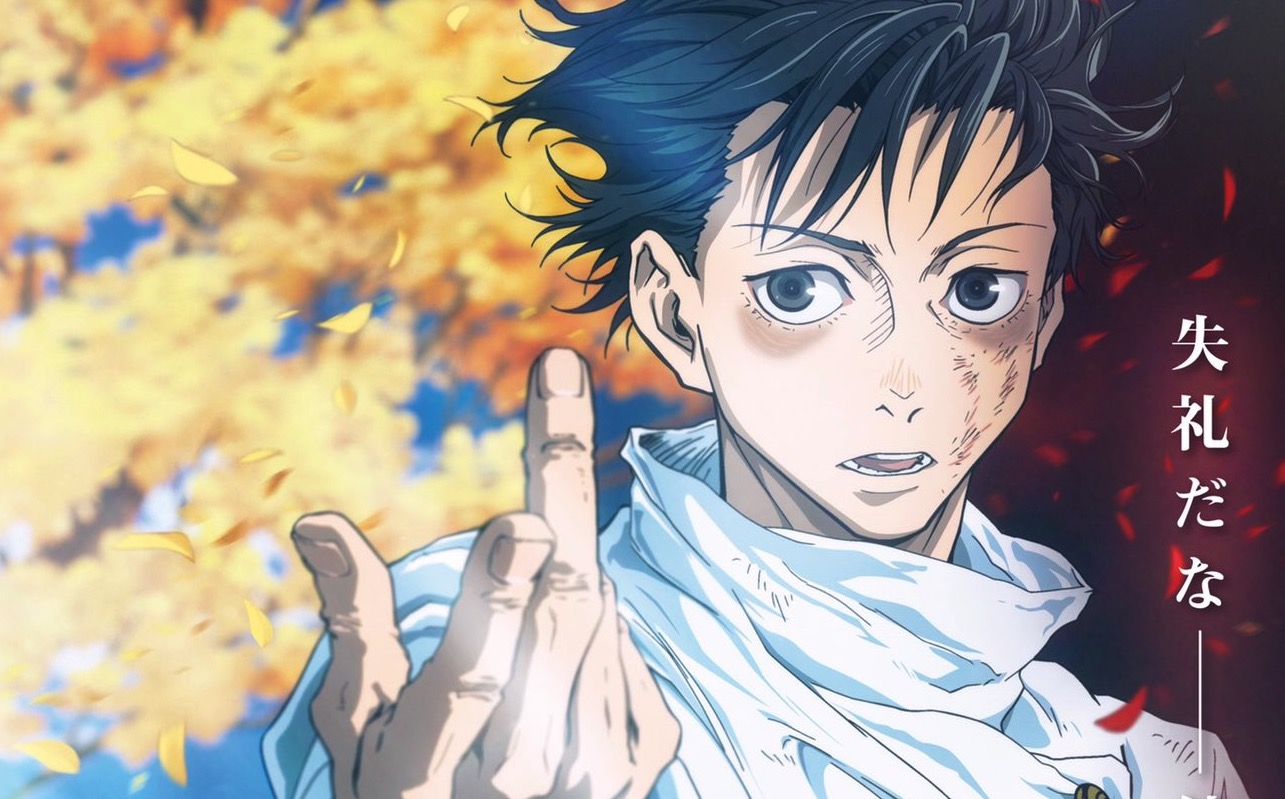“It is a very extraordinary difficult field, requiring four groups of people to make this all work.”
Warning: This post has brief mentions of suicide.
Squid Game is the number one show in the world.
It’s been translated in 31 languages and is trending #1 in 90 countries.
Netflix
Interestingly, a show that involves literal psychological and physical torture, where all of the characters navigate a childhood nightmare to fight for their lives, is not the primary subject of the pop culture discourse. Instead, the current hot topic: the accuracy of the show’s translations from Korean to other languages.
Netflix
When Squid Game first started gaining traction after its Sept. 17 release, many Korean Americans like Youngmi Mayer (@youngmimayer) took to TikTok to share their passionate opinions on the mistranslated dialogue in the English dubbed, English closed captioned, and English subtitled versions of the show.
not to sound snobby but i’m fluent in korean and i watched squid game with english subtitles and if you don’t understand korean you didn’t really watch the same show. translation was so bad. the dialogue was written so well and zero of it was preserved
In a series of TikTok videos, Youngmi broke down a few different scenes from Squid Game to show how some of the meaning in the dialogue is lost in the English translation.
ok i made this really fast so it’s not very good but these are the small examples i could find in ten mins
For example, in episode 6, when player 1 (the old man) and Gi-hun team up for marbles, they have a conversation about the meaning behind gganbu, a Korean word used to show allyship. Youngmi says that in the English version, the text reads as “we share everything,” but the actual translation of gganbu is “there is no ownership between me and you.” She says in her video that although it’s a small difference, it’s a “huge miss” because it’s “the entire point of this episode.”
Netflix
In another example, Youngmi points out that viewers watching Squid Game in English are missing a large portion of the character Han Mi-nyeo (player 212). For example, Youngmi says in her video that in this scene from episode 6 when Mi-nyeo is trying to convince the other players to let her join their team, what she actually says is “I am very smart, I just never got a chance to study.”
Netflix
Mi-nyeo’s character is supposed to illustrate the elitist attitudes and classisms that prevail in society, and Youngmi’s point is that many viewers are losing that in the mistranslated text.
However, Euijin Seo, a social media influencer and creator of goodjobkorean, a basic Korean language course, who lives in Seongnam, South Korea, said he doesn’t think you can really call the translations “bad.” “All dialogues in the show are extremely Korean-ish, reflecting Korean culture,” he told BuzzFeed. “The process of translation must have been tough because there are tons of terms in Korean that cannot be directly translated into English.”
In episode 1, we watched as the characters played “red light, green light” from hell — a game that many American children grew up playing in schools (minus the violence) — but is actually called “mugunghwa kkoci pieot seumnida” in Korean. Euijin said that “mugunghwa” is actually the Korean national flower, and in the Korean version of the game, “every time the flower bloomed, you gotta freeze,” he explains in one video.
@jinkorean / Via instagram.com
“I guess the creators just made the subtitles that way for easier understanding,” he said in another video.
Beyond just the translations, when you watch any show in another language, there are obviously cultural nuances and aspects that a foreigner wouldn’t understand. For example, many Korean viewers are pointing out that the beloved character Sae-beyok has a North Korean accent naturally, but she changes it to sound South Korean around other South Koreans.
Or like the scene where Sang-woo first comes back from the games and he soaks in the bathtub with his clothes on. “There is something beside him making smoke,” Euijini explains. “Many non-Koreans didn’t notice that Sang-woo was about to kill himself. This is one of the well-known suicide methods in Korea — by smoking briquettes.”
Netflix
“There are many scenes that only Koreans can understand,” Euijini pointed out. “This is not only because of the translation but also because of cultural foundation.”
Cultural nuances like this are why actor Edward Hong said it’s so important to hire Asian actors for Asian roles. Edward was the voice actor behind multiple characters in Squid Game, including Kim Si-hyun, (player 244) aka the pastor. “The way Korean pastors talk is completely different than how American pastors talk,” he told BuzzFeed. “So actors that don’t have the cultural familiarity might not understand how to play that part.”
Netflix
Edward said Squid Game‘s ADR (Automated Dialogue Replacement) director Madeleine Heil worked hard along with Edward to ensure they could get “every actor to be of API descent, no matter how small the part.” Edward even created a PGM (people of the majority) list that includes the names and contact information of as many non-white, global actors as they could find, so that casting directors can use it as a reference for future parts.
Edward said that even with the inclusion of all API actors, there are some phrases and words that will ultimately still not be able to translate 100% accurately in English. “I would call dubbing a magic trick,” Edward said. “Because it requires four groups of people in choirs: the actor, ADR director, the audio engineer, and the translator — every single aspect ha s to work perfectly for dubbing to make it sound and look like it’s seamless.”
Netflix
“Our job as the dubbing actor is to faithfully maintain the spirit and tone and most importantly, the mouth flaps [the way the mouth moves up and down] of the character, so that it matches to the original as close as possible. A lot of times, a translator will revise the script on the spot, as they try to figure out synonyms that will still match with the meaning of what the original dialogue is, while still matching the flaps of the language.”
Edward said that he believes much of the debate surrounding the accuracy of the translations isn’t taking into account the difficulty of the work or how underpaid people are in this line of work. “It’s not a money-thrown field,” he said. “It’s something that’s thrown fast, and something that we have to accomplish just as fast with very, very minimal turnaround.”
Netflix
Youngmi also added to this narrative in a tweet where she explained her frustration isn’t necessarily with the creators themselves.
also i want to point out that the reason this happens is because translation work is not respected and also the sheer volume of content. translators are underpaid and overworked and it’s not their fault. it’s the fault of producers who don’t appreciate the art
Edward said he himself has watched Squid Game in multiple other languages and has been impressed with the translations. “They’re all pretty excellent,” he said.
Netflix
What are your thoughts on the Squid Game translation debate? Did you enjoy watching the show in your own language?
Note: This article have been indexed to our site. We do not claim legitimacy, ownership or copyright of any of the content above. To see the article at original source Click Here













